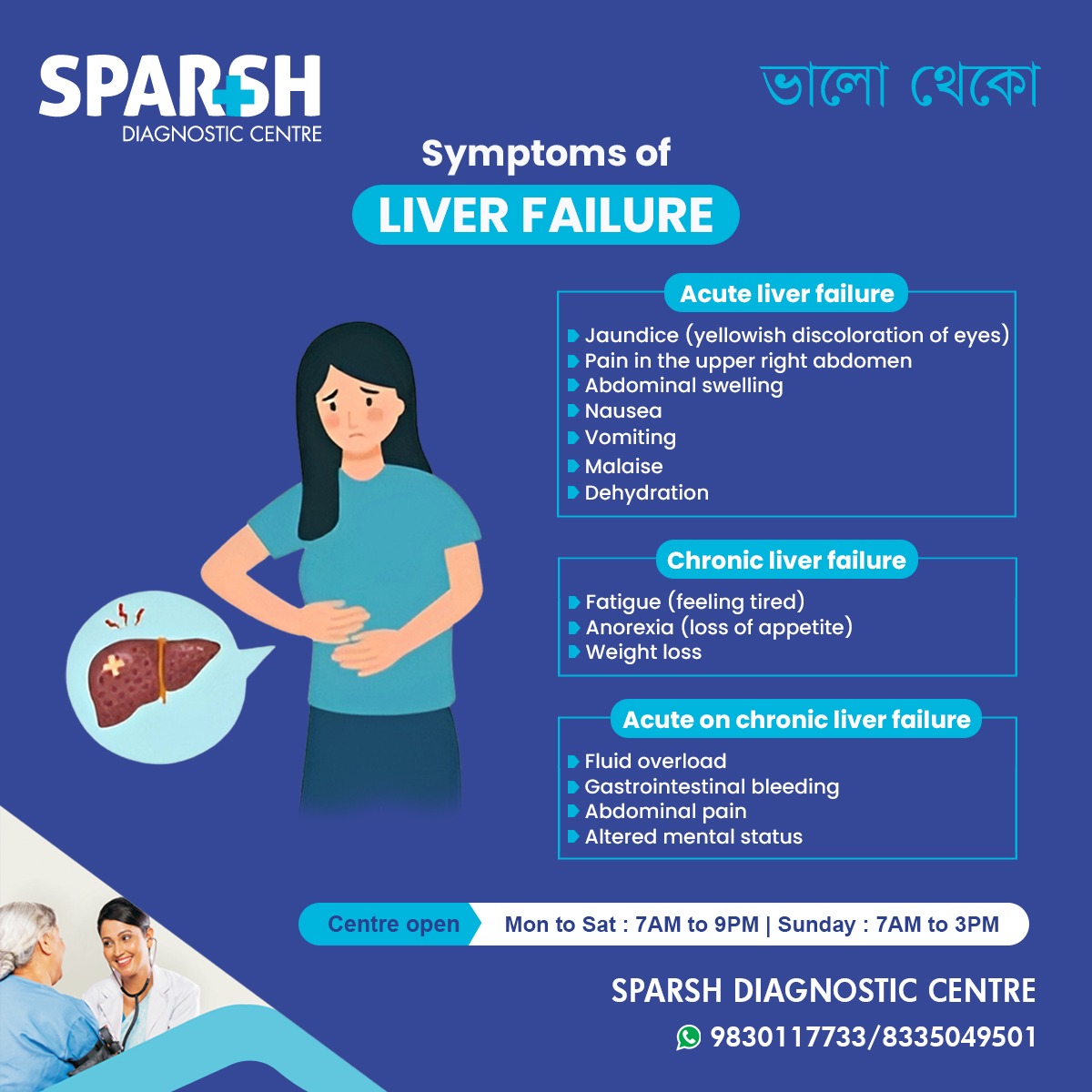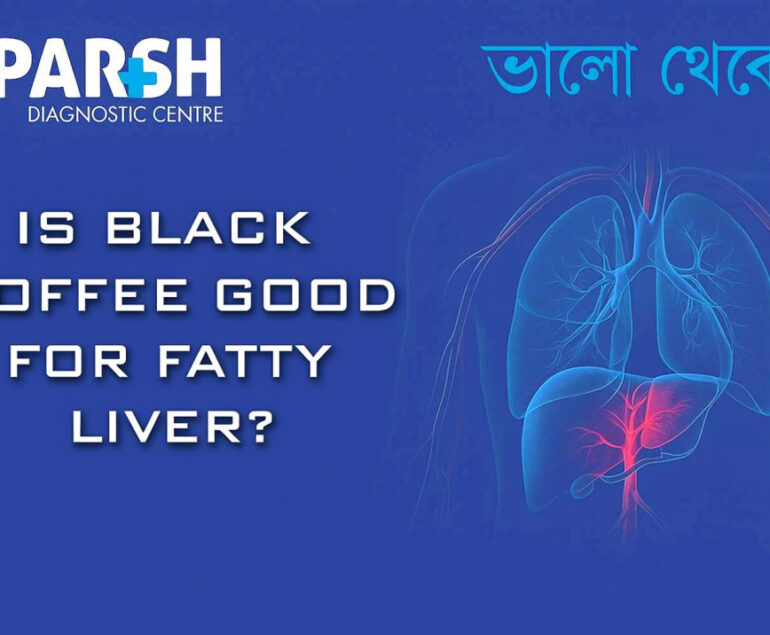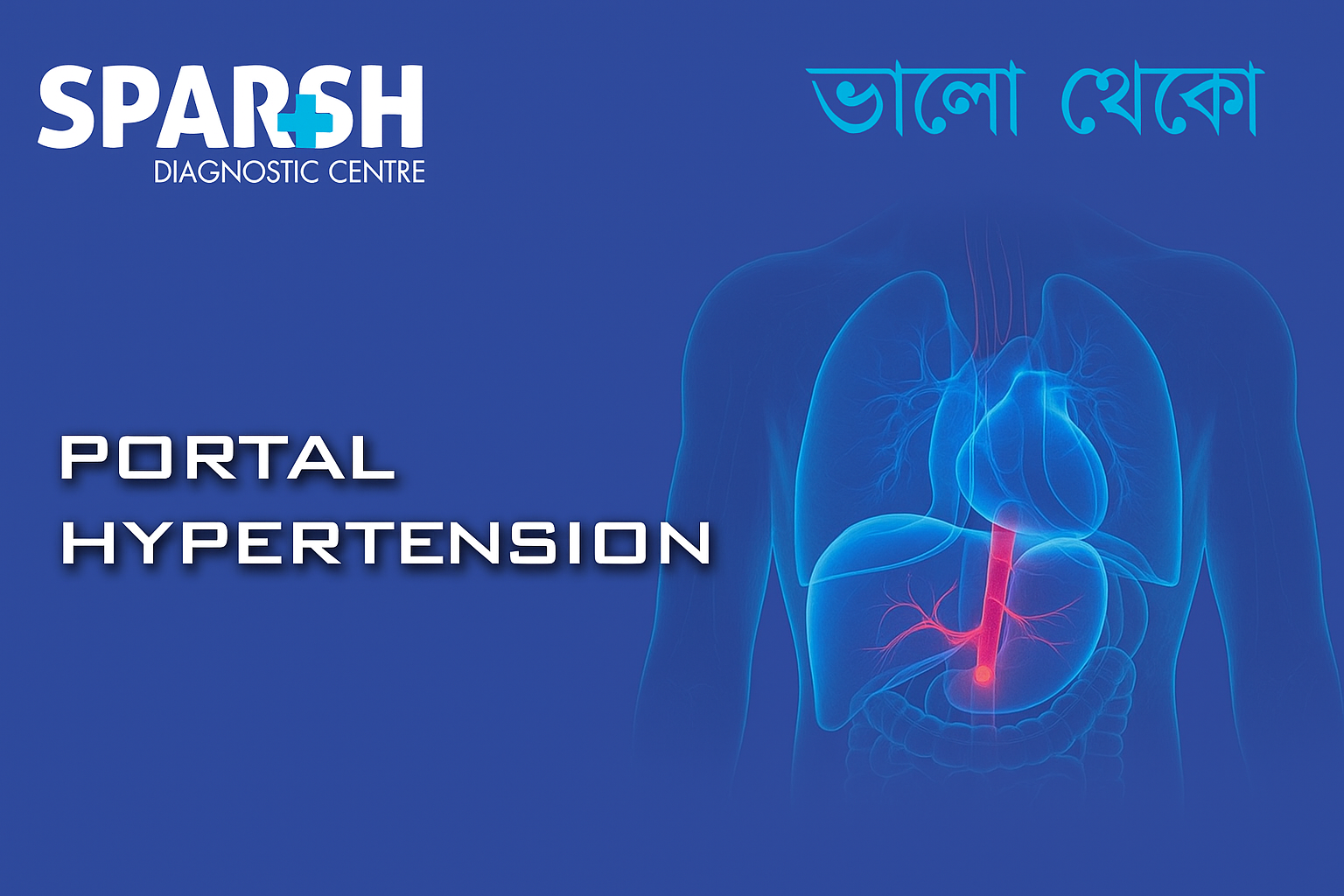The liver is a vital organ responsible for numerous essential bodily functions—metabolizing nutrients, detoxifying the blood, storing energy, and producing bile. When the liver loses its ability to function properly, it leads to liver failure. This condition can be sudden (acute) or develop over time (chronic), and it requires urgent medical attention.
In this blog, we explore the types, causes, symptoms, diagnosis, and treatment options for liver failure, along with steps you can take to prevent it.
What is Liver Failure?
Liver failure occurs when large parts of the liver become damaged beyond repair, making it unable to perform its normal tasks. It is a serious medical emergency and can be fatal if not treated promptly.
There are three main types of liver failure:
Acute liver failure – Rapid deterioration of liver function in individuals with no pre-existing liver disease.
Chronic liver failure – Gradual loss of liver function over months or years, often caused by chronic liver disease.
Acute-on-chronic liver failure – Sudden worsening of liver function in a person with chronic liver disease.
Functions of the Liver
Before diving deeper, let’s understand why liver function is so crucial. The liver:
Produces bile for digestion
Filters toxins and drugs from the blood
Metabolizes fats, proteins, and carbohydrates
Stores glucose and vitamins
Produces blood-clotting proteins
When the liver fails, all these processes are compromised.
Causes of Liver Failure
Causes of Acute Liver Failure
Drug-induced liver injury (e.g., paracetamol/acetaminophen overdose)
Toxins (e.g., poisonous mushrooms)
Autoimmune hepatitis
Shock or low blood flow to the liver
Causes of Chronic Liver Failure
Chronic hepatitis B and C infections
Hemochromatosis (iron overload)
Alpha-1 antitrypsin deficiency
Bile duct diseases (e.g., primary biliary cholangitis)
Triggers of Acute-on-Chronic Liver Failure
Infections
Gastrointestinal bleeding
Alcohol binge
Drug toxicity
Surgery or trauma
Symptoms of Liver Failure
Liver failure symptoms vary depending on whether it is acute or chronic. The image you shared beautifully outlines this, and we’ll expand upon it below:
Symptoms of Acute Liver Failure
Pain in the upper right abdomen
Abdominal swelling
Mental confusion or disorientation
Tendency to bleed easily
Symptoms of Chronic Liver Failure
Fatigue and weakness
Unintentional weight loss
Persistent nausea
Jaundice
Itchy skin
Dark urine and pale stools
Acute-on-Chronic Liver Failure Symptoms
Sudden fluid overload
Gastrointestinal bleeding

Complications of Liver Failure
Hepatic Encephalopathy: Brain dysfunction due to toxins
Ascites: Fluid accumulation in the abdomen
Portal Hypertension: Increased pressure in the liver’s blood vessels
Coagulopathy: Impaired blood clotting
Multi-organ dysfunction
Diagnosing Liver Failure
1. Medical History and Physical Examination
History of alcohol use, medication intake, hepatitis infection, or genetic diseases
Exam for signs like jaundice, ascites, and asterixis (flapping tremor)
2. Blood Tests
Liver function tests (LFTs): ALT, AST, ALP, bilirubin, albumin
Prothrombin Time (PT)/INR: Measures blood clotting ability
Ammonia levels: Elevated in encephalopathy
Serum electrolytes and kidney function
Viral hepatitis markers
3. Imaging Studies
Ultrasound – Assess liver size, blood flow, and fluid accumulation
Elastography – Measures liver stiffness (fibrosis)
4. Liver Biopsy
Helps determine the degree of liver damage and specific cause
Treatment of Liver Failure
Treatment for Acute Liver Failure
Hospitalization – Often in ICU for close monitoring
Supportive care – Fluids, electrolytes, and glucose
Management of complications – Bleeding, encephalopathy, infections
Antidotes – For paracetamol overdose (e.g., N-acetylcysteine)
Liver transplant – Often the only cure for irreversible acute failure
Treatment for Chronic Liver Failure
Management of underlying cause
Antiviral medications for hepatitis
Weight loss for NAFLD
Medications
Diuretics for ascites
Lactulose for encephalopathy
Beta-blockers for varices
Nutritional support
Regular monitoring
Liver transplant – For end-stage liver disease
Liver Transplantation
In cases where liver failure is irreversible, liver transplantation becomes the only life-saving option. Indications include:
Acute liver failure with poor prognosis
Cirrhosis with complications (e.g., variceal bleeding, encephalopathy)
Hepatocellular carcinoma meeting transplant criteria
Preventing Liver Failure
You can take steps to protect your liver and prevent liver failure:
Avoid excessive alcohol
Get vaccinated for hepatitis A and B
Practice safe sex
Avoid sharing needles or personal items
Manage chronic conditions like diabetes and obesity
Limit exposure to toxic chemicals and drugs
Use medications responsibly
Eat a balanced, liver-friendly diet
Exercise regularly
Living with Liver Failure
Living with liver failure requires lifestyle adjustments and regular medical supervision:
Follow dietary restrictions (low sodium, high protein as advised)
Avoid alcohol and liver-damaging medications
Monitor fluid retention
Keep up with vaccinations
Attend regular follow-ups and screenings
Mental health support is crucial due to the emotional burden of chronic disease
When to See a Doctor
Seek immediate medical attention if you experience:
Sudden yellowing of eyes or skin
Unexplained fatigue or confusion
Severe abdominal pain or swelling
Vomiting blood or passing black stools
Difficulty breathing or altered consciousness
Liver failure is a critical condition that demands immediate and expert care. Whether caused by infections, alcohol, fatty liver, or genetic disorders, early recognition and prompt treatment can significantly improve outcomes. Chronic liver failure may be silent for years, so routine check-ups and liver function tests are essential—especially if you’re at risk.
Choose Sparsh Diagnostic Centre for Early Liver Disease Detection
At Sparsh Diagnostic Centre, we offer state-of-the-art diagnostic services including Ultrasound and Liver Function Tests to detect early liver damage and prevent liver failure. Don’t ignore the signs—act early.
📍Location: Kolkata
🕒 Hours: Mon to Sat: 7 AM – 9 PM | Sunday: 7 AM – 3 PM
📞 Contact: 9830117733 / 8335049501
🔗 Website: https://www.sparshdiagnostica.com
#BhaloTheko
Disclaimer:
No content on this site, regardless of date, should ever be used as a substitute for direct medical advice from your doctor or other qualified clinician.

![]()






[…] Liver failure […]
[…] Damage: Liver damage from leptospirosis can lead to chronic liver disease or liver failure in severe […]
[…] Non-Alcoholic Steatohepatitis (NASH): Fat accumulation leads to inflammation, liver cell damage, and fibrosis, which can eventually cause cirrhosis and liver failure. […]
[…] associated with alcohol abuse, liver failure, or metformin […]
[…] in patients with liver failure due to the buildup of ammonia and other toxins that the liver cannot clear. These toxins impair […]
[…] Imbalances: Low blood sugar, low sodium, or kidney or liver failure can trigger […]
[…] or toxic conditions: Hypoglycemia, liver failure, or drug overdose can disrupt cellular […]
[…] Acute liver failure: A rare but life-threatening condition where the liver suddenly stops functioning. […]
[…] and kidney function to metabolize vitamin D into its active forms. Chronic kidney disease (CKD) or liver failure can disrupt this […]
[…] is a severe form of nonalcoholic fatty liver disease (NAFLD) that can progress to liver cirrhosis, liver failure, and even liver cancer. Unlike liver diseases caused by alcohol consumption, NASH occurs in […]
[…] Kidney or liver failure […]
[…] failure (liver, […]
[…] liver normally removes toxins like ammonia (a byproduct of protein metabolism). In liver failure or advanced liver disease, this process is impaired, allowing these toxins to accumulate and affect […]
[…] Chronic hepatitis can lead to liver cirrhosis, liver failure, or […]
[…] A long-lasting infection that increases the risk of liver cirrhosis, liver failure, and hepatocellular carcinoma (liver […]
[…] Liver failure […]
[…] cases of severe liver failure due to Wilson’s disease, a liver transplant may be the only life-saving option. A successful […]
[…] Severe Sepsis: When sepsis leads to organ dysfunction, such as kidney or liver failure. […]
[…] Hospitalization: For severe symptoms or liver failure […]
[…] testing can help prevent complications like internal bleeding (in dengue), liver failure (in leptospirosis), or relapsing fever (in […]
[…] Liver failure […]
[…] damage from alcohol abuse, chronic hepatitis, or fatty liver disease. Cirrhosis can lead to liver failure and an increased risk of liver […]